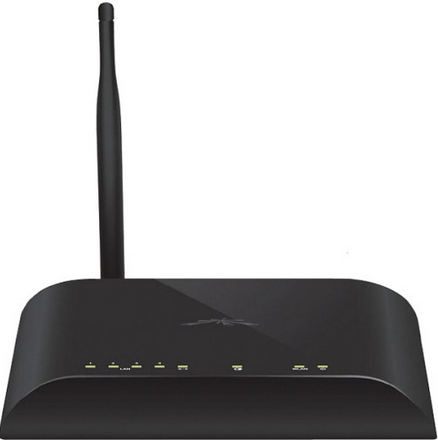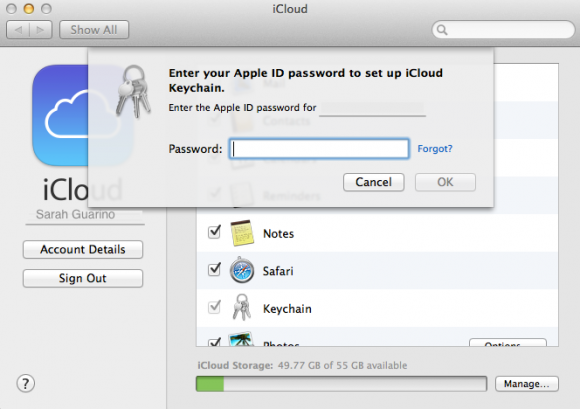The Trump Hotel Collection, a string of luxury hotel properties tied to business magnate and now Republican presidential candidate Donald Trump, appears to be the latest victim of a credit card breach, according to data shared by several U.S.-based banks.
Contacted regarding reports from sources at several banks who traced a pattern of fraudulent debit and credit card charges to accounts that had all been used at Trump hotels, the company declined multiple requests for comment.
Update, 4:56 p.m. ET: The Trump Organization just acknowledged the issue with a brief statement from Eric Trump, executive vice president of development and acquisitions: “Like virtually every other company these days, we have been alerted to potential suspicious credit card activity and are in the midst of a thorough investigation to determine whether it involves any of our properties,” the statement reads. “We are committed to safeguarding all guests’ personal information and will continue to do so vigilantly.”
Original story:
But sources in the financial industry say they have little doubt that Trump properties in several U.S. locations — including Chicago, Honolulu, Las Vegas, Los Angeles, Miami, and New York — are dealing with a card breach that appears to extend back to at least February 2015.
If confirmed, the incident would be the latest in a long string of credit card breaches involving hotel brands, restaurants and retail establishments. In March, upscale hotel chain Mandarin Oriental disclosed a compromise. The following month, hotel franchising firm White Lodging acknowledged that, for the second time in 12 months, card processing systems at several of its locations were breached by hackers.
It is likely that the huge number of card breaches at U.S.-based organizations over the past year represents a response by fraudsters to upcoming changes in the United States designed to make credit and debit cards more difficult and expensive to counterfeit. Non-chip cards store cardholder data on a magnetic stripe, which can be trivially copied and re-encoded onto virtually anything else with a magnetic stripe. Continue reading















